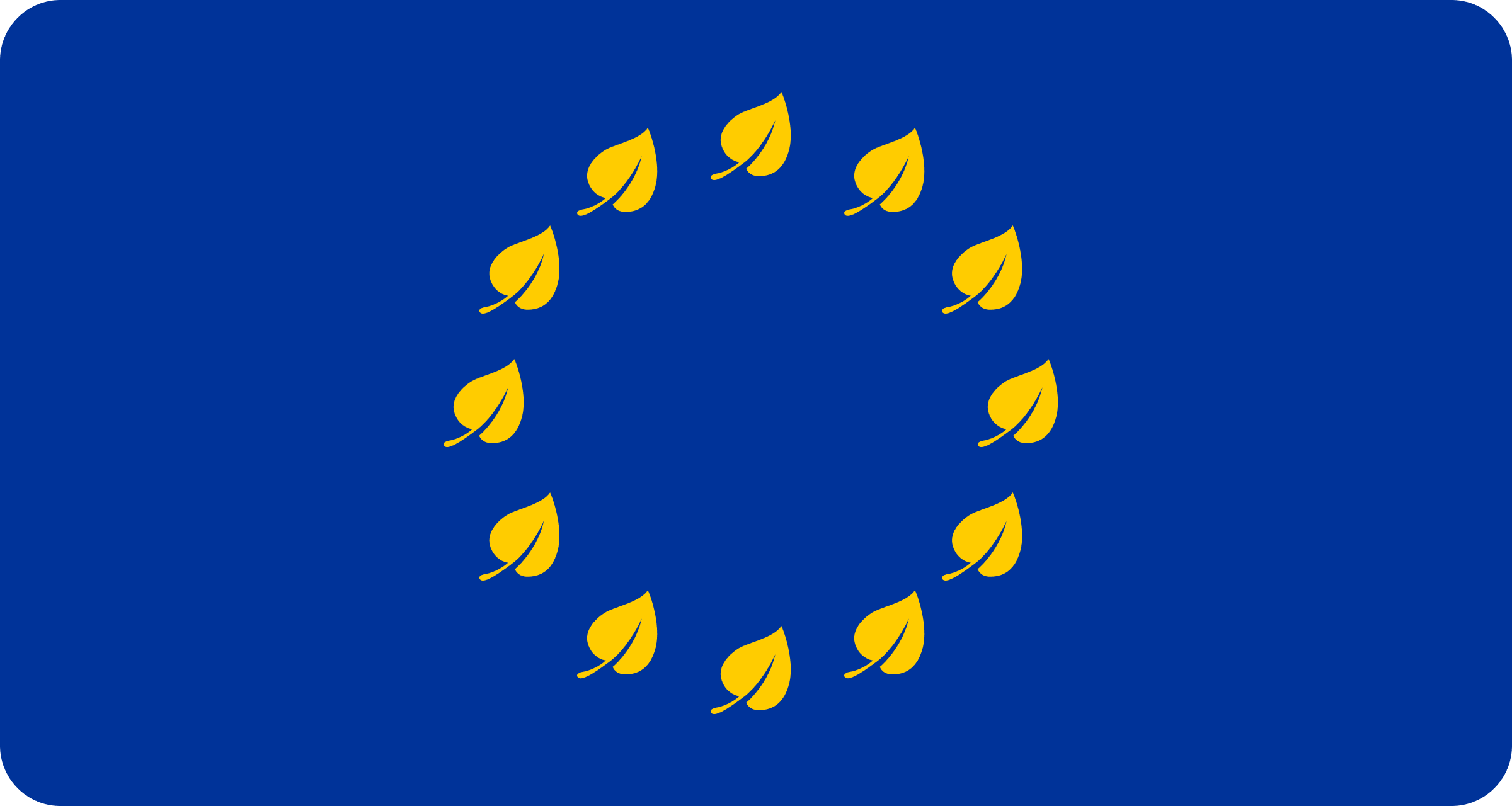

Starting January 2025, the EU CSRD will start making emissions reporting mandatory for companies of all shapes and sizes. And 96% of companies are struggling with getting the right data for compliance.
So, they’re turning to their partners for help. Partners, like their expense management provider, transport management systems, and procurement software, are becoming the unlikely heroes of the climate crisis.
For these partners that can support their customers through climate compliance, the rewards are great. Acquiring new customers by differentiating from competitors, reducing churn by increasing product stickiness, and building brand equity by becoming a climate leader are all obtainable.
Customer story: 200+ Payhawk clients adopt new emission reporting feature in 6 months
For current customers, emissions tracking is a reason to stay. For prospects, emission tracking is a reason to switch.
With that in mind, how much of your current and potential customers are affected by the EU CSRD?
Subscribe for the latest insights into driving climate positivity
What companies does the EU CSRD apply to?
Over 50,000 companies will have to comply with the EU CSRD. Unlike other climate regulations, companies of all shapes, sizes, and industries will fall under its scope. Further over 10,050 non-EU companies will be affected, 30% of which are US-based and 11% UK-based.
Deciding which method to use depends on two factors: required granularity and data accessibility. Fuel-based calculations are the most accurate, while spend-based calculations are the most accessible. All three methods are accepted by the GHG protocol, and can therefore be used in CSRD reporting, and support decarbonisation.
 EU CSRD scope and timeline
EU CSRD scope and timelineSpecifically, the EU CSRD will apply to the following:
- Organisations listed in an EU-regulated market with 500+ employees
- Large EU undertakings: listed or non-listed companies meeting 2 or more of the following criteria: € 25M+ total assets, € 50M+ net turnover, and/or 250+ employees
- SMEs listed on EU-regulated markets
- Non-EU parent companies, with annual EU revenues of €150m+ in the past 2 years, and also own any of the following: A large EU-based undertaking, an EU-based subsidiary with securities listed on an EU-regulated market exchange, or an EU branch office with €40m+ net turnover
If your customers – or potential customers – meet any of the above criteria, there’s a real commercial opportunity to support them through climate compliance.
What is the timeline for CSRD?
The first EU CSRD reports based on 2024 data will be due starting January 2025. The number of reports being submitted will continue to grow as the regulation is rolled out to more and more companies.
Here’s the timeline:
- 2025 – Organisations in an EU-regulated marketing with 500+ employees
- 2026 – Large EU undertakings
- 2027 – SMEs listed on EU-regulated markets
- 2029 – Non-EU companies, with annual EU revenues of €150m+ in the past 2 years
Support your customers through CSRD compliance with Lune
The better prepared companies are, the lower the risk of non-compliance. Risk that can manifest in director jail time, €10m in fines, and reputational damage. The sooner their partners can help them with emissions reporting, the better.
Forward-looking, customer-centric companies are partnering with Lune to embed carbon tracking into their platform. By transforming their data into emissions data, they’re acquiring new customers, increasing product stickiness, and growing brand equity.

Readers also liked
Readers also liked

Subscribe for emissions intelligence insights
Get the latest updates in the world of carbon tracking, accounting, reporting, and offsetting direct to your inbox.


